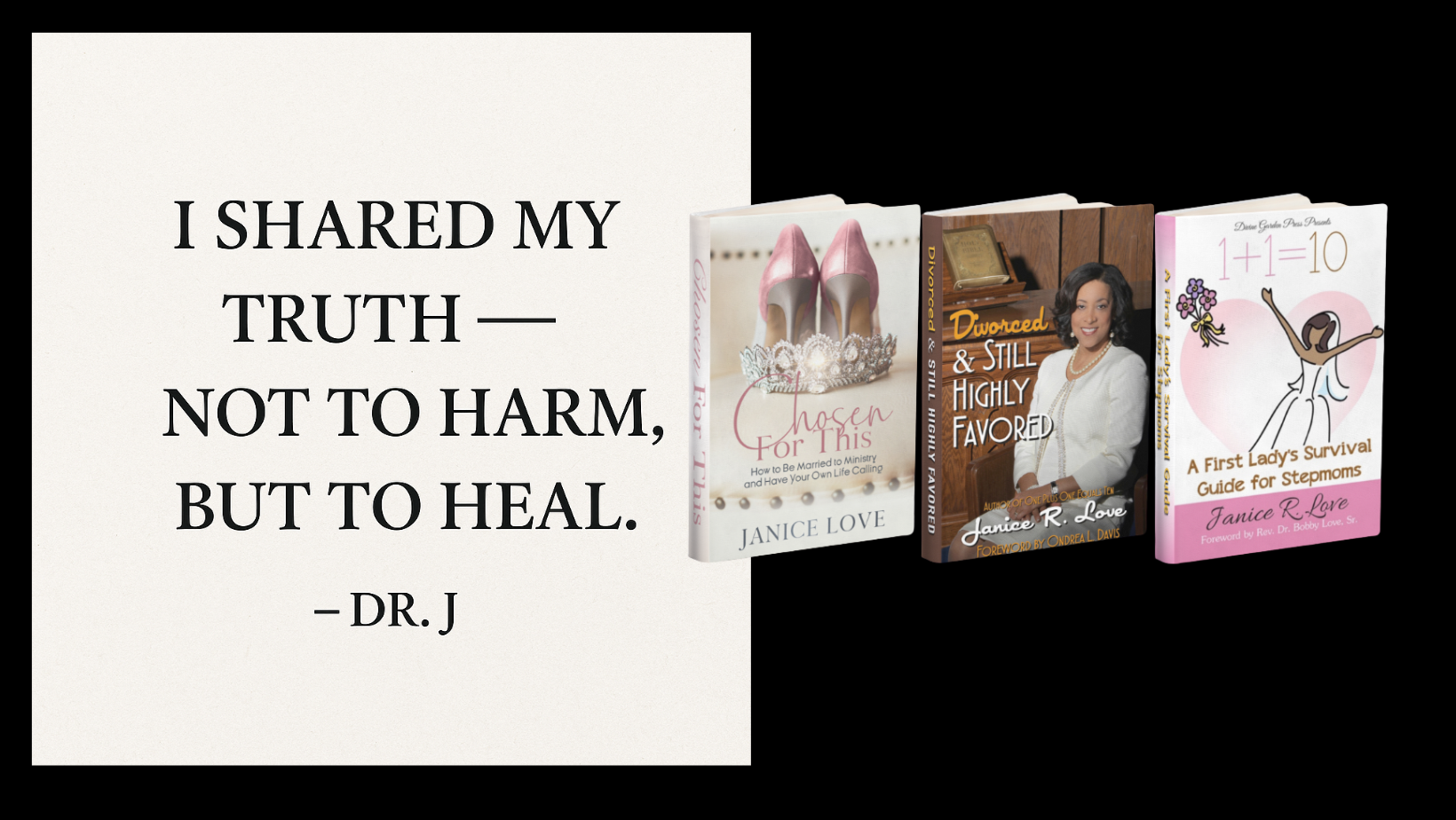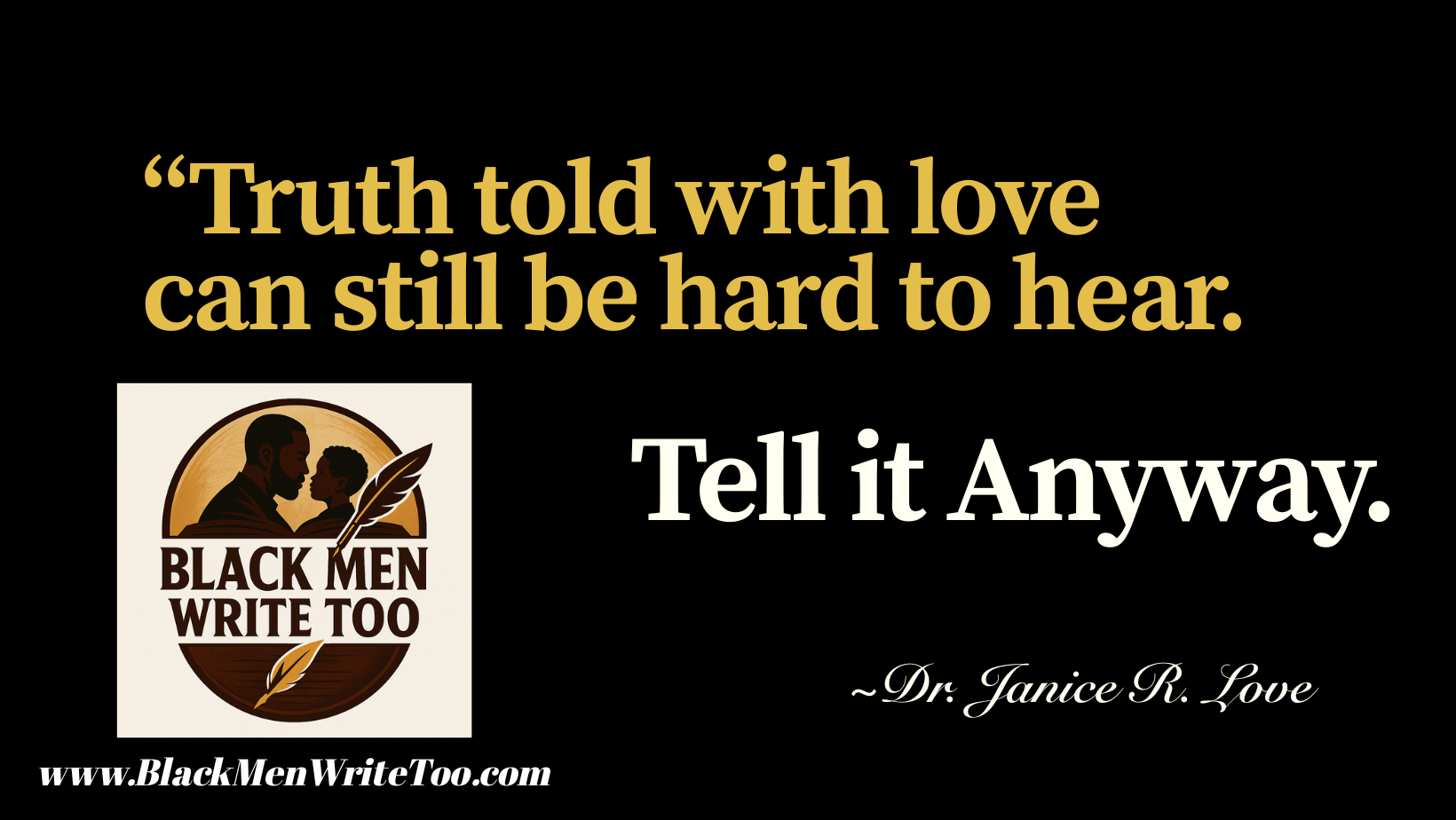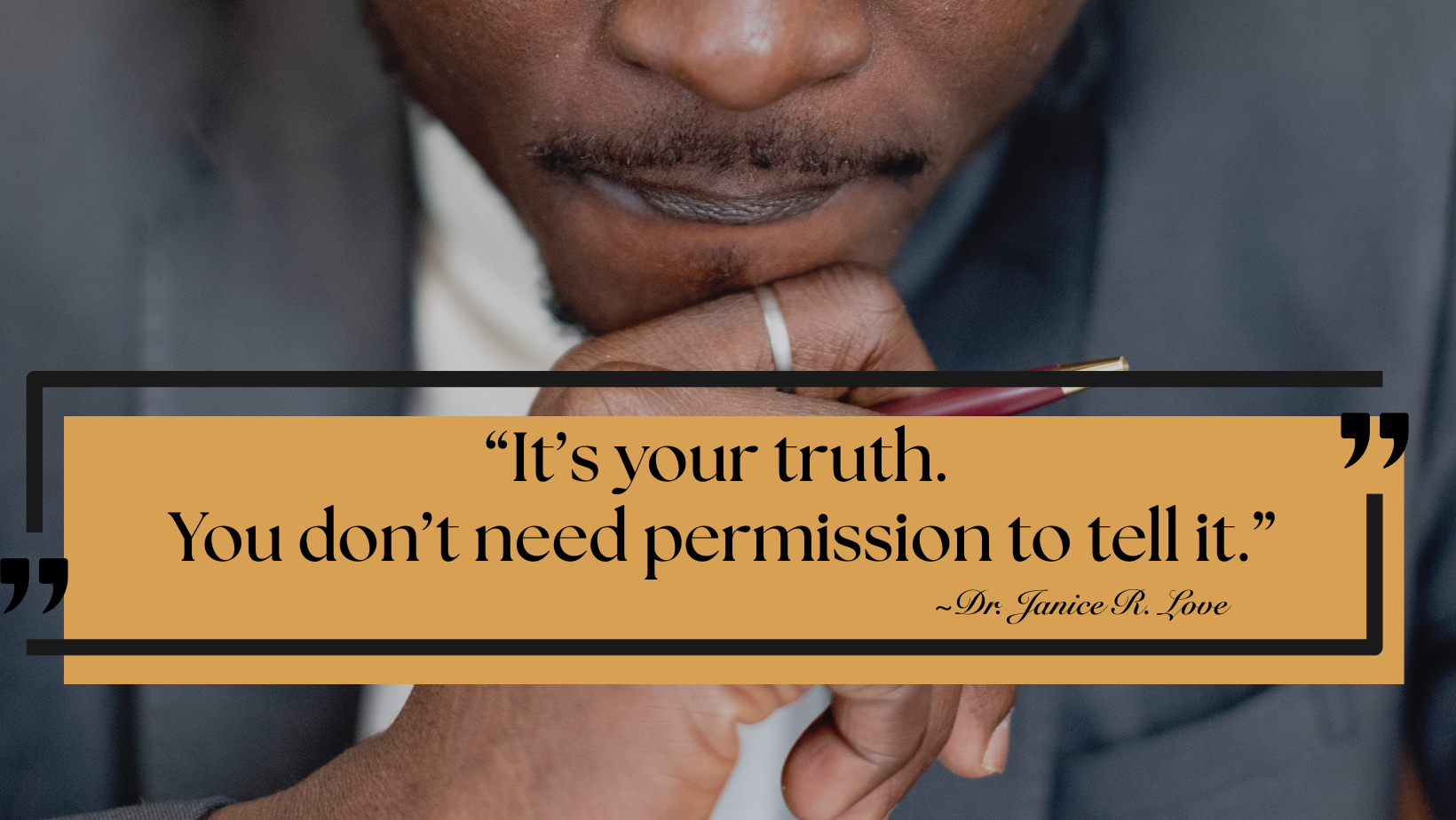Memoir
isn’t about pleasing people. It’s about telling the truth — your truth.
Hey
family.
Let’s
talk about something that stops a lot of people — especially Black men — from writing
their story: “What if they don’t like it?” Not they as in the critics.
They as in your relatives. Your co-workers. Your church members. Your
old friends.
The people who were there — or think they were.
Here’s
what I want to say to you today:
Write
it anyway.
The
fear is real. I hear it all the time from clients and students: “I want to
write about my childhood… but what if my siblings say it didn’t happen that
way?” “I want to talk about leaving that job or that church… but what if my
former boss or pastor sees it?”
“I want to speak on my mistakes… but what if people judge me or say I’m trying
to hurt somebody?”
Let
me tell you something: this fear is valid — but it shouldn’t have the final
say.
You
have the right to your version of the story. Memoir isn’t journalism.
It’s not about fact-checking every date or including every voice. It’s about
your lived experience — what you saw, what you felt, how it shaped you. You’re
not writing to get revenge. You’re writing to reclaim the parts of your story
that never had language.

Let
me tell you what I learned when I wrote my first best selling book: One
Plus One Equals Ten: A First Lady’s Survival Guide for Stepmoms.
That
book was my truth about being in a blended family — a story filled with love,
growth, and hard lessons. But I was scared.
Scared
that telling my story would upset people I loved. Scared that my
husband, our children, our bonus children, even our ex-spouses might feel
exposed or misunderstood. But I kept writing — and I wrote with this intention
in mind:
To share what happened to me, not what others did to me. And you know what? I
was met with something I didn’t expect: grace. People complimented me on my
ability to share my truth without harming others. That taught me
something powerful: You can tell the truth without telling it all. You
can write from love without watering it down. You can speak clearly without
cutting deeply.
This isn’t just about family. Sometimes the fear comes from professional
or ministry relationships. What if people at your church, your job, or in
your network read what you write and say: “That’s not how I remember it”? Or
worse — “You shouldn’t have said that.”
Listen
— you’re not responsible for other people’s discomfort with your healing.
You
are responsible for your truth. And you are allowed to tell it — with love,
with wisdom, and with clarity.

✍🏾 That’s why I created Black Men Write
Too.
This
8-week experience was designed for Black men who want to share their truth with
dignity — not drama.
You’ll
learn:
- How to
tell your truth without tearing others down
- How to
reflect instead of retaliate
- How to
protect your peace and your privacy
- How to
transform lived experience into legacy
Here’s
the truth:
You
can write your story with honesty and heart.
You can acknowledge the pain without assigning blame.
You can hold your version of the story, even if others don’t agree with it — and
still walk in peace.
🛠️ Inside Black Men Write Too,
you’ll get:
- Live and
recorded writing sessions
- A
workbook full of powerful prompts
- Tools to
help you organize your story
- Guidance
for handling sensitive subjects with wisdom
This
isn’t about being a writer. This is about being real — and reclaiming the truth of your life before someone
else tries to rewrite it for you.
This
is your moment.
Don’t
let fear or people-pleasing rob you of the healing that comes from writing.
📘 Join Black Men Write Too and
finally put your truth on paper:
👉🏾BlackMenWriteToo.com
With
courage and compassion,
Dr.
Janice R. Love
Author, One Plus One Equals Ten
Founder, Pearls Perfected Institute
Creator, Black Men Write Too





